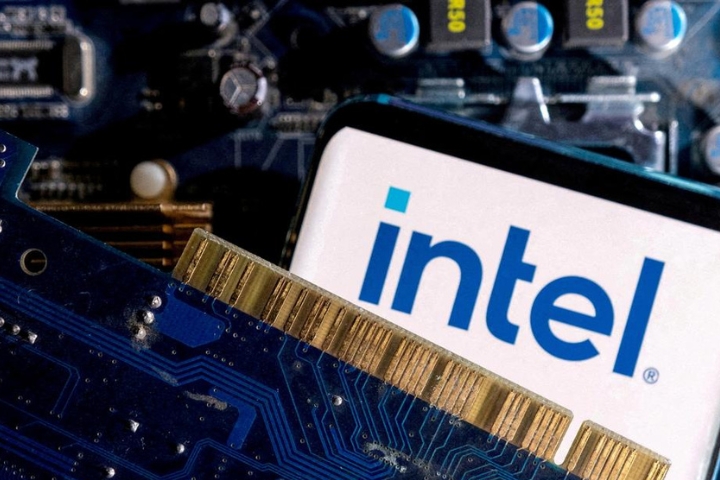Qualcomm is reportedly exploring a potential acquisition of Intel, a move that could significantly reshape the semiconductor landscape amid Intel’s ongoing challenges. Qualcomm CEO Cristiano Amon is personally involved in the negotiations, which are still in the early stages. The discussions come as Intel grapples with a substantial decline in its stock value and aims to pivot towards AI processors and contract manufacturing. While Qualcomm’s interest could signal a strategic shift, any potential deal would likely face intense scrutiny from antitrust regulators and raise questions about the financial logistics of such a significant acquisition.
Qualcomm’s Strategic Interest in Intel
Qualcomm’s exploration of acquiring Intel highlights a significant shift in the semiconductor landscape. With Intel facing substantial challenges, including a steep decline in market value and increased competition from rivals like Nvidia and AMD, Qualcomm sees an opportunity to expand its influence in the chipmaking sector. CEO Cristiano Amon’s involvement signals the seriousness of the discussions, as Qualcomm aims to diversify its portfolio and bolster its position in the rapidly evolving technology market.
The preliminary conversations about acquiring specific portions of Intel’s design business, particularly its PC unit, reflect Qualcomm’s strategic focus. As the tech industry increasingly leans toward AI and advanced computing, aligning Intel’s capabilities with Qualcomm’s strengths could create a formidable player in the semiconductor space. However, any potential deal is still in its infancy, with many factors yet to be resolved.
Regulatory Hurdles and Financial Challenges
A Qualcomm-Intel merger would likely face intense scrutiny from antitrust regulators across multiple jurisdictions, including the U.S., China, and Europe. Given Intel’s historical significance and market presence, regulators may impose strict conditions or require divestitures of certain Intel segments to mitigate competition concerns. Such regulatory hurdles could complicate the negotiations and delay any potential acquisition.
Financially, Qualcomm’s current market value of $188 billion contrasts with Intel’s valuation of $122 billion, presenting challenges for funding a takeover. While Qualcomm holds approximately $13 billion in cash, the overall financing strategy for a significant acquisition remains unclear. Furthermore, Qualcomm’s lack of experience in managing a chip manufacturing business adds another layer of complexity, particularly as Intel seeks to restructure and focus on its foundry operations.




GIPHY App Key not set. Please check settings